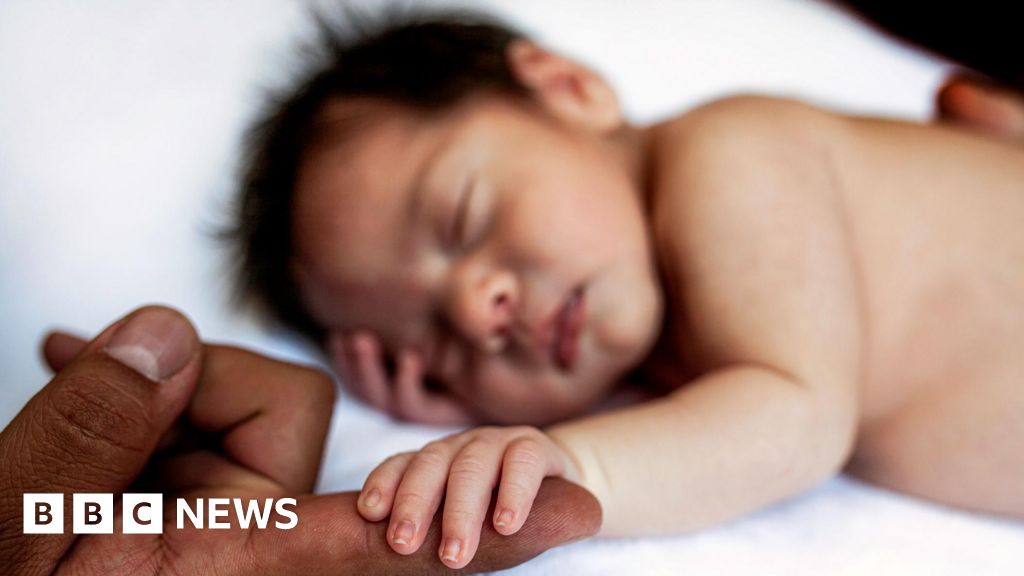Smitha MundasadHealth reporter
Both NHS and private fertility clinics must stop offering unproven treatments that don’t help people have children, new official guidelines say.
The draft guidance advises against several popular fertility “add-ons”, including so-called endometrial scratches.
These add-ons can “give false hope and put people through unnecessary procedures at an already difficult time”, experts at the National Institute for Health and Care Excellence (NICE) say.
They also recommend fertility preservation services such as egg freezing should be more widely available, including to women with severe, recurrent endometriosis.
The guideline committee considered a recent survey by the fertility regulator, the Human Fertilisation and Embryology Authority (HFEA), which showed almost three-quarters of people who had had fertility treatment between September and October 2024 had said they were using additional tests or emerging technologies, despite most not being proven to work.
And only 37% of those questioned said the risks of any add-ons had been explained.
The updated draft guidance specifically advises against:
- endometrial scratch – where the lining of the womb is “scratched” with a small sterile plastic tube before IVF
- hysteroscopy – a fine telescope like instrument is used to visualise the womb, as a pre-treatment to improve IVF outcomes
The guidance says patients must be given all the information necessary about treatments, including how likely they are to be successful and the risks and benefits involved.
Dr Fergus Macbeth, chair of NICE’s fertility guideline committee, said clinics should focus on proven treatments rather than offering unproven add-ons that may do more harm than good.
“People going through fertility treatment are often willing to try anything that might help them conceive.
“This makes them vulnerable to being offered treatments that sound promising but haven’t been properly tested. Our recommendations are designed to protect patients and ensure they only receive care that we know works,” he added.
The guidance also looks at fertility preservation services (for example freezing eggs, embryos or sperm) which are currently mostly offered to people with cancer.
The updated draft suggests these treatments should also be offered people with medical conditions or undergoing treatment that can impair their fertility.
This includes women with severe recurrent endometriosis, people who have had surgery that can affect their reproductive organs and those with genetic or metabolic conditions that may affect their chances of having a baby.
People who feel they may benefit should have discuss the options available with healthcare professionals, NICE says.
The updated guidelines also consider who should be offered IVF.
NICE’s committee found stronger evidence than has previously been available that three full cycles of IVF give couples a good chance of a baby, and that the treatment represents good value for the NHS.
NICE recommends:
- three full cycles of IVF for women under 40 if they have fertility problems and meet certain criteria
- one full cycle of IVF for women aged 40 and 41 if they have fertility problems and meet certain criteria
While NICE provides recommendations on this, funding decisions are taken locally by organisations called integrated care boards.
NICE’s chief medical officer, Prof Jonathan Benger, said: “We recognise the NHS faces significant financial challenges and integrated care boards must weigh up local priorities when determining how many IVF cycles to fund.”
The draft guidelines for England, Wales and Northern Ireland are open for public consultation until Tuesday 21 October and the final recommendations will be published in 2026.
Source link : https://www.bbc.com/news/articles/cyv64377z91o?at_medium=RSS&at_campaign=rss
Author :
Publish date : 2025-09-10 13:50:00
Copyright for syndicated content belongs to the linked Source.
